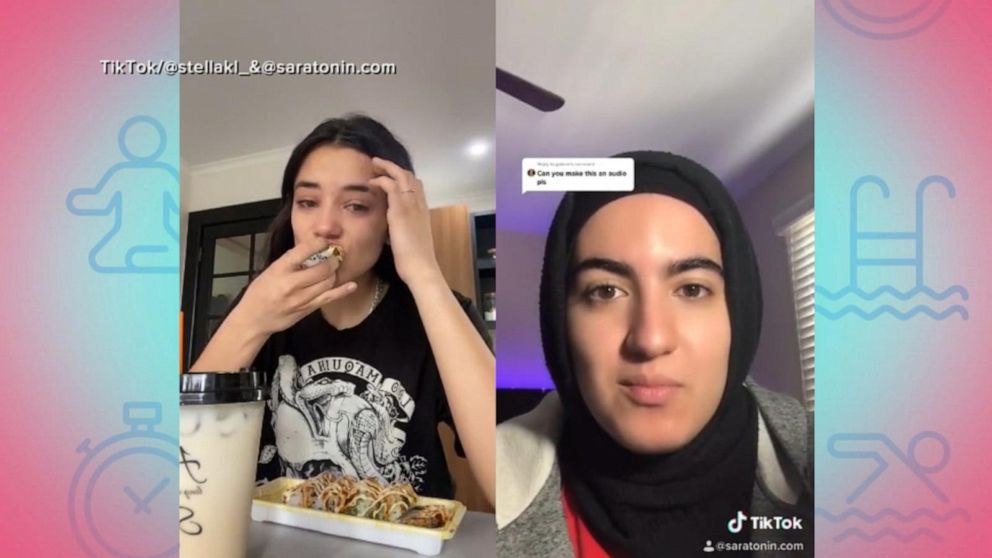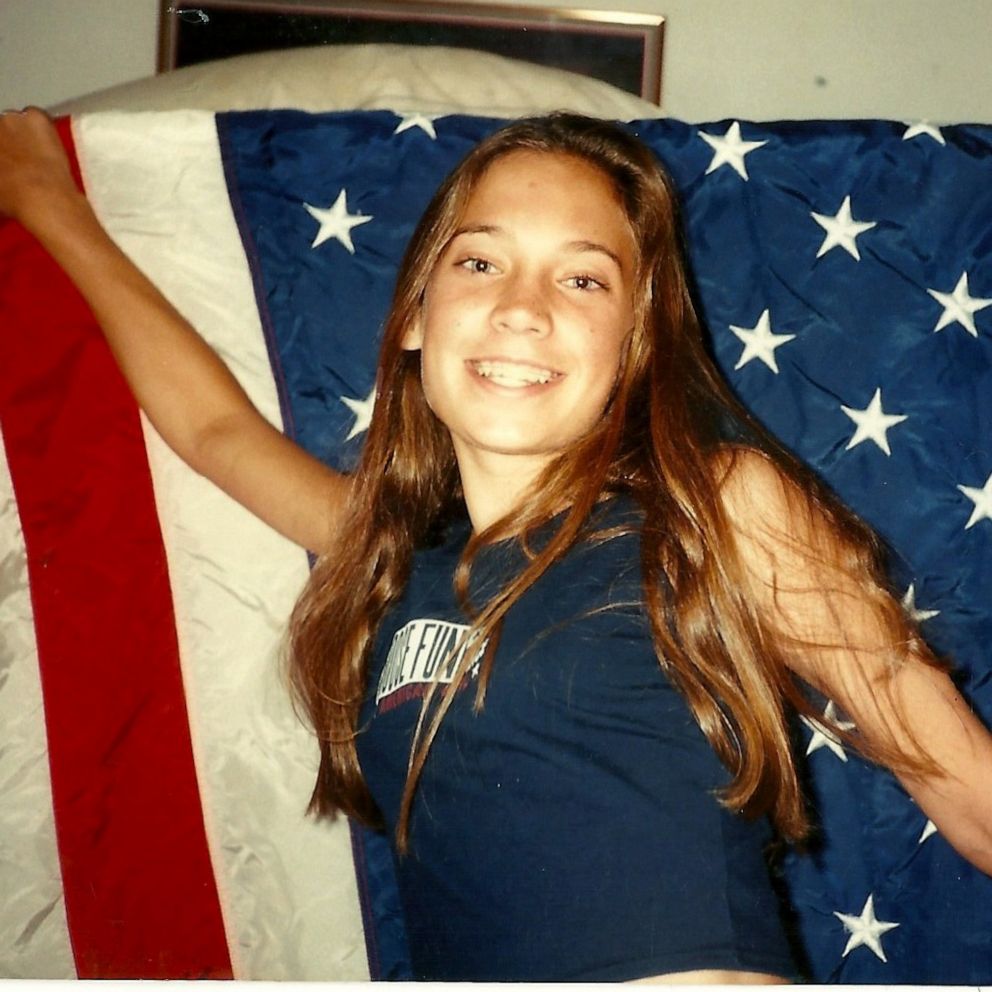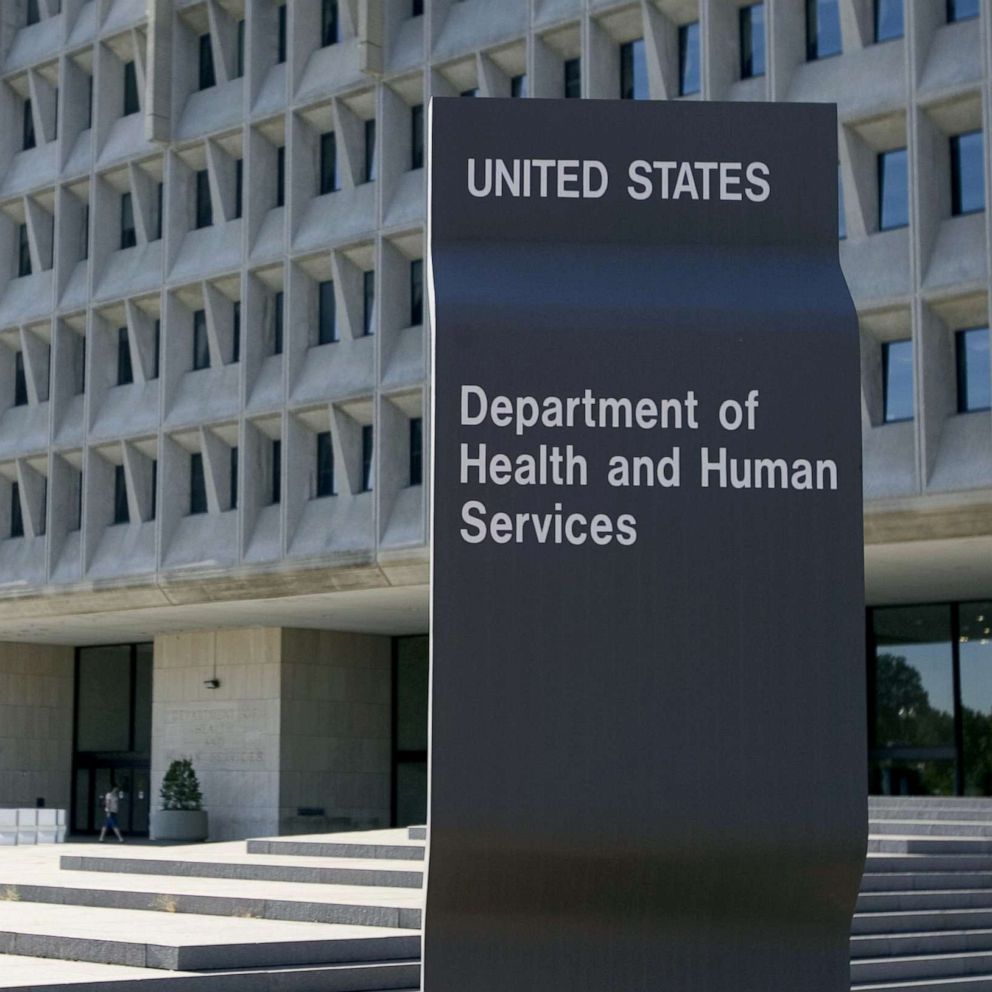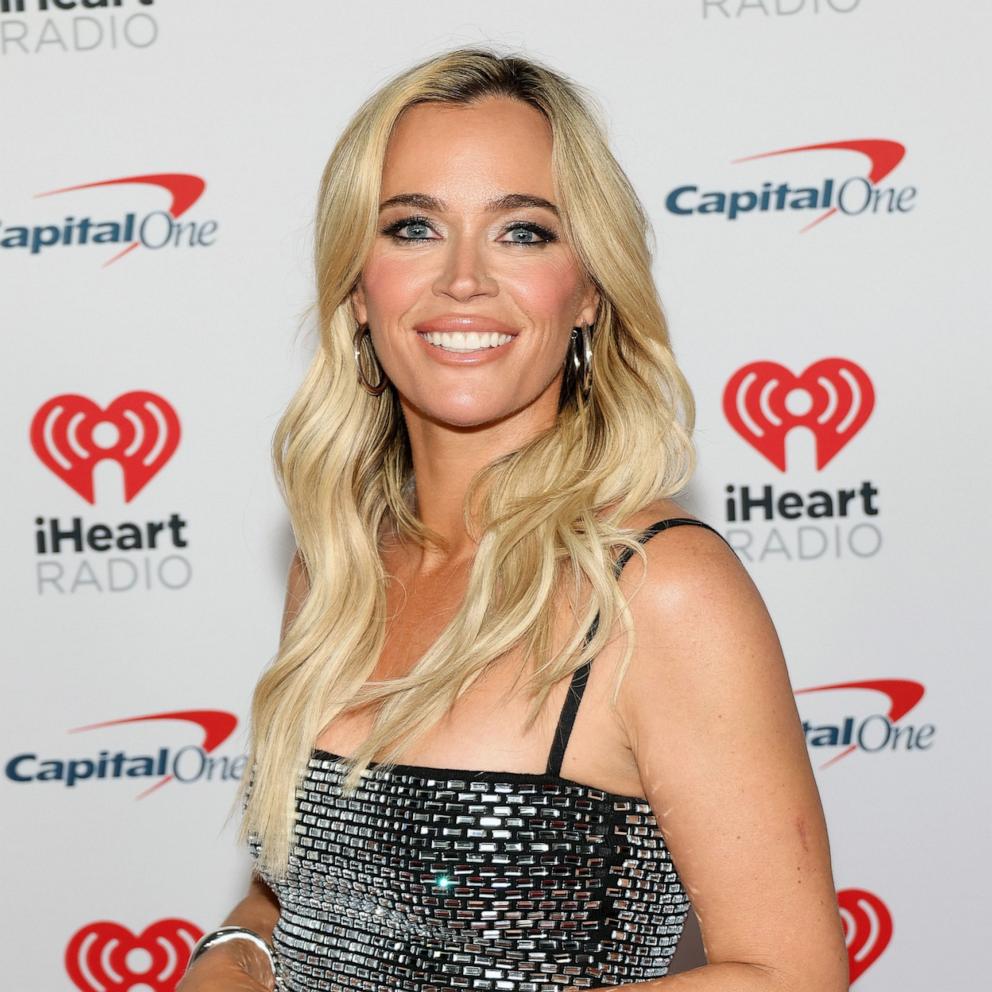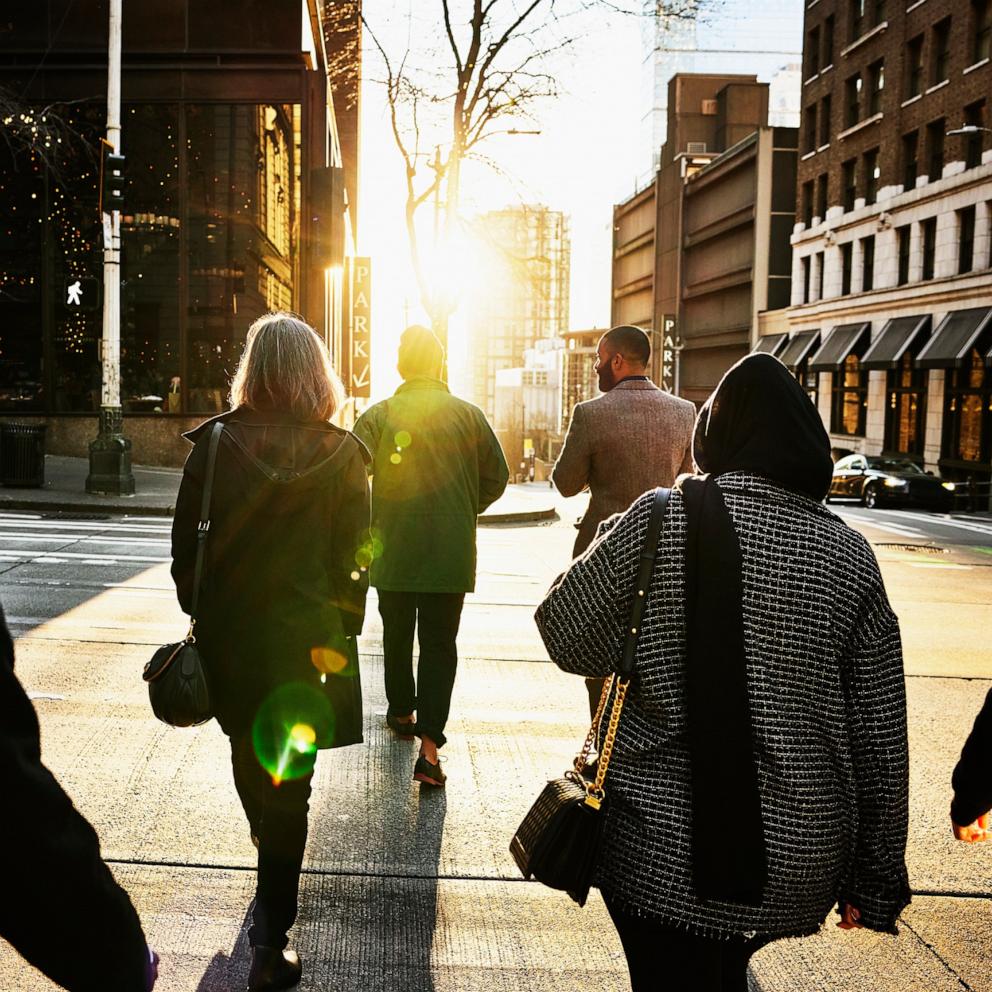TikTok 'Let's eat together' videos aim to help teens struggling with eating disorders
TikTok has been a space to try viral dances, share funny moments and even learn new recipes, hobbies and more.
But during quarantine, many have used TikTok to share videos about "what they eat in a day," or the latest diet fad and extreme workout regimen they're on. There are videos on TikTok that tout unhealthy eating habits or encourage users to turn to certain supplements and ingredients to lose weight and experts caution videos like these can cause real harm.
"Many people believe that it is safe, and that's when we get into problems and we start developing habits and seeing patients coming in, taking certain supplements that they found were helpful on social media platforms like TikTok, when in reality they are actually dangerous," said Dr. Darien Sutton, an emergency medicine physician and ABC News medical contributor, about these trendy TikToks promoting unrealistic weight loss routines. "What's most concerning is that this is something that's being shared so easily and so widely that it's being taken as fact."
However, TikTokers like Sara Sadok, an 18-year-old from Chicago, and Chris Henrie, a 22-year-old from New Jersey, are among those trying to fight misinformation and help peers on the platform who are battling eating disorders.
Sadok is using her presence on the platform to help those battling eating disorders with "Let's eat together" videos to encourage healthy behavior.
In her videos, Sadok invites users to have a meal with her and encourages them through each bite.
"I'll have the first bite to make it less intimidating, OK? And you could have the next bite," Sadok says in one video.
In another video, one user "dueted" Sadok while sitting down for a meal. In it, the woman fights back tears while slowly taking bites of sushi.
"Thank you for doing this," she wrote to Sadok in the caption. "It's helping so many people."
Sadok said she was inspired to create "Let's eat together" videos, after learning about a friend who is struggling with an eating disorder. Her first one, which she shared on her 18th birthday, received 1.5 million views.
"I wanted to be able to help her as well as anyone who's suffering with an eating disorder just as she is," Sadok told "Good Morning America." "And since we're in the middle of a pandemic, and you're unable to see your friends and family as often as you'd like to, it's much easier to slip back into old habits even if you are recovering from an eating disorder."
Amid the coronavirus pandemic, the National Eating Disorder Association (NEDA) has seen a spike of more than 70% in the number of calls and online chat inquiries to its hotline compared to last year.
The isolating nature of the pandemic -- which has forced people to stay home and forced eating disorder treatments to go virtual -- is a particularly damaging element, according to eating disorder experts.
"This has been a time of heightened anxiety for everyone," NEDA's CEO Claire Mysko told "GMA" earlier this year. "For people with eating disorders, either those who are actively struggling or those who are pursuing recovery, there's an added stressor with the pandemic."
Henrie, who recovered from anorexia nervosa in 2015, is trying to combat that feeling of isolation by provides supporting and advice to TikTokers going through an eating disorder.
"When you post something online, you never know who that video is going to reach," said Henrie. "You never know who it is going to target or influence."
Recently, TikTok announced a partnership with NEDA to provide in-app resources and raise awareness.
"At TikTok we work to foster an inclusive, body-positive environment where people can find support, affirmation and empathy within their community," Tara Wadhwa, safety policy manager at TikTok, said in a statement. "Our goal is to create a space where our community feels comfortable and confident to be exactly who they are and express themselves freely."
Henrie stressed it is still up to social media users to appropriately evaluate the content they are seeing.
"It's unrealistic to think that these types of clips and this content will never exist online because it will," said Henrie. "It's how you react to them that you ultimately do have the power to change. There is a certain level of accountability that has to be met."
Sadok hopes that her videos will continue to help those who are struggling.
"I'm hoping that it inspires people to be completely true to who they are and not have to like, cut down on what they eat or change the way they look or how they dress just to fit a certain beauty standard," she said.
If you or someone you know is battling an eating disorder, contact the National Eating Disorders Association (NEDA) at 1-800-931-2237 or NationalEatingDisorders.org.
